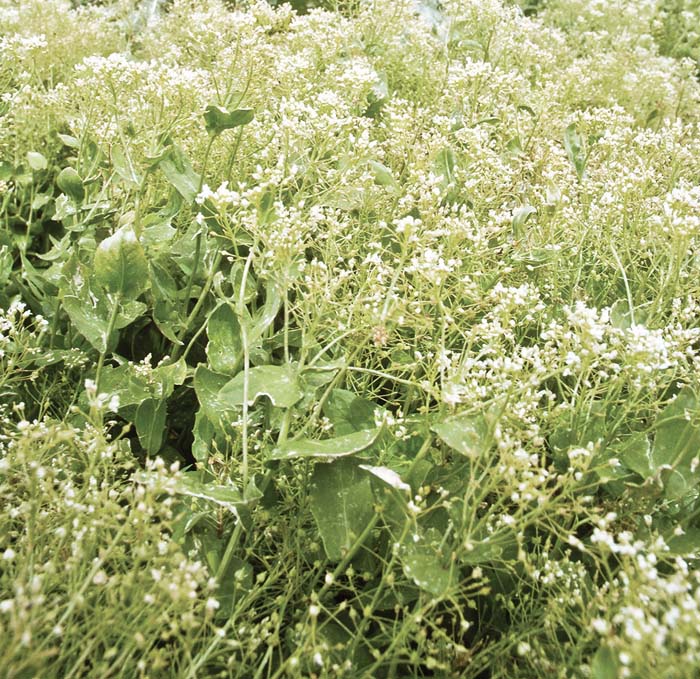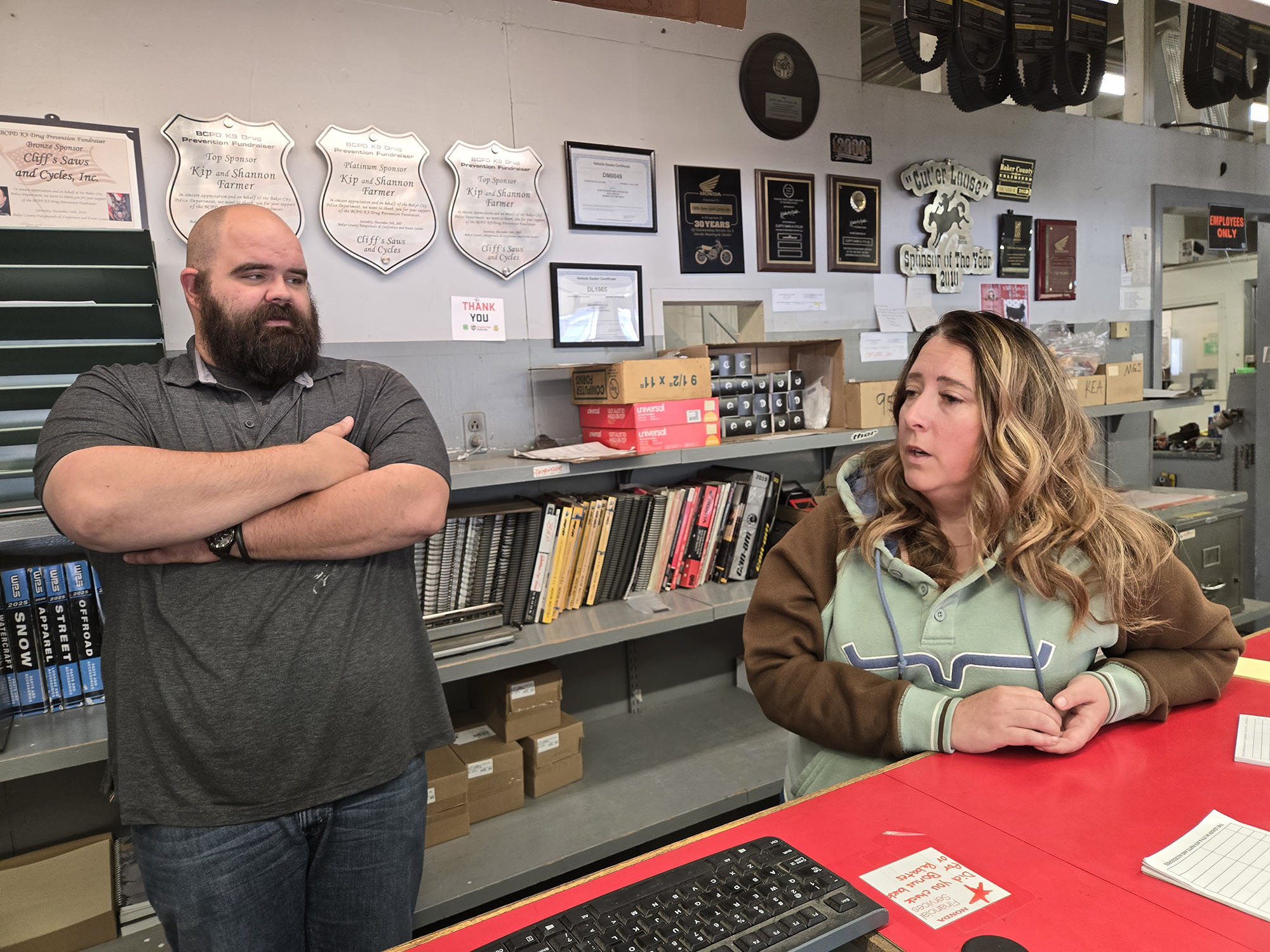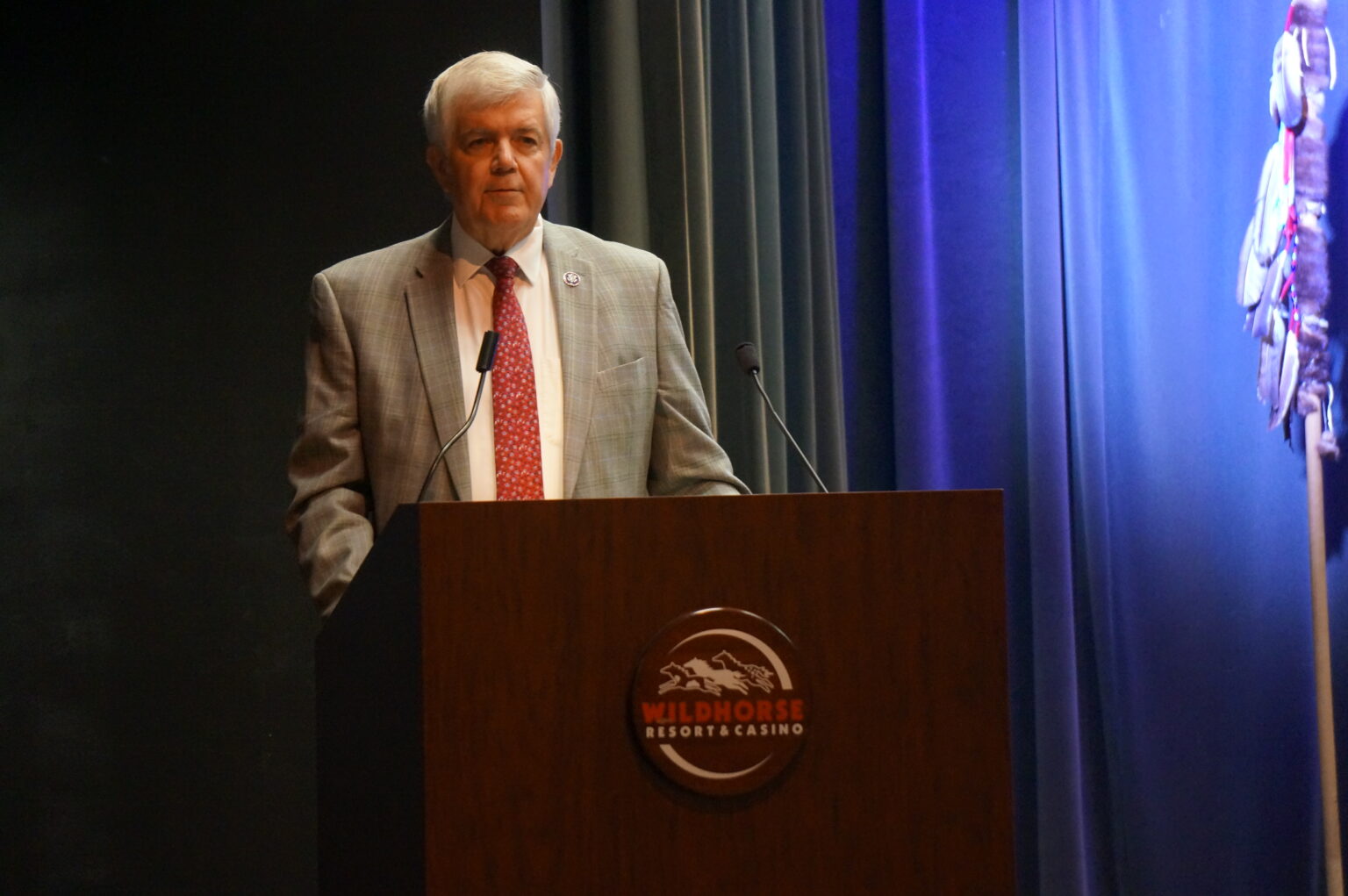EDITORIAL: Voters should renew noxious weed levy this fall
Published 9:45 am Monday, June 10, 2024
Perhaps the most surprising result in the May 21 primary election was the failure of a four-year extension of Baker County’s noxious weed control levy.
Trending
Voters had approved four-year extensions in 2008, 2012, 2016 and 2020.
And none of the margins was close. Typically voter support for the levy was around 70%.
This time, though, almost 53% of voters opposed the extension.
Trending
The county weed board met May 28. Board members decided to put the levy on the Nov. 5 ballot.
This was a wise decision.
Voters should take advantage of the chance and approve the levy as they have done in the past.
The cost is modest.
For the owner of a property with an assessed value of $200,000, the levy amounts to about $13.20 per year.
The weed district wrings quite a lot of benefit from those dollars.
The levy is a key part of the district’s free herbicide program, as well as the cost share offer that reimburses property owners up to $500 to help control weeds on their land.
The county has had to suspend those programs due to the levy failure.
Noxious weeds are not merely eyesores.
They can rapidly colonize large expanses of land, crowding out native grasses or other plants that are either harvested as crops or that serve as forage for livestock (and, in many cases, for wildlife such as deer and elk).
This makes land less productive and, potentially, less valuable.
In Baker County, where agriculture is the biggest industry, this is troubling.
Weed board members discussed possible reasons that voters rejected the levy in May.
A plausible explanation is that the weed levy shared the ballot with several other measures that also would have raised property taxes.
Voters, faced with multiple tax hikes, might have decided to oppose all of them.
Once county clerk Stefanie Kirby certifies election results around June 12, it will be possible to compare results from each of the county’s 17 precincts and see if any patterns emerge.
Another levy, for mosquito control in a 200,000-acre area that includes most of Baker, Bowen and Keating valleys, did pass May 21, but by a much slimmer margin — 56.4% in favor — than in the previous four elections. The mosquito control levy, like the weed control measure, is a four-year extension. Voters approved both levies, and with similarly solid majorities, in 2020, 2016, 2012 and 2008.
Regardless of the reason, voters should recognize the value of the weed levy.
Noxious weeds such as whitetop are widespread in places, to be sure.
But that merely illustrates the scale of the challenge. Weeds would undoubtedly be more prolific if not for the levy, and the economic damage these species effect on the county will expand if voters don’t act this November.










